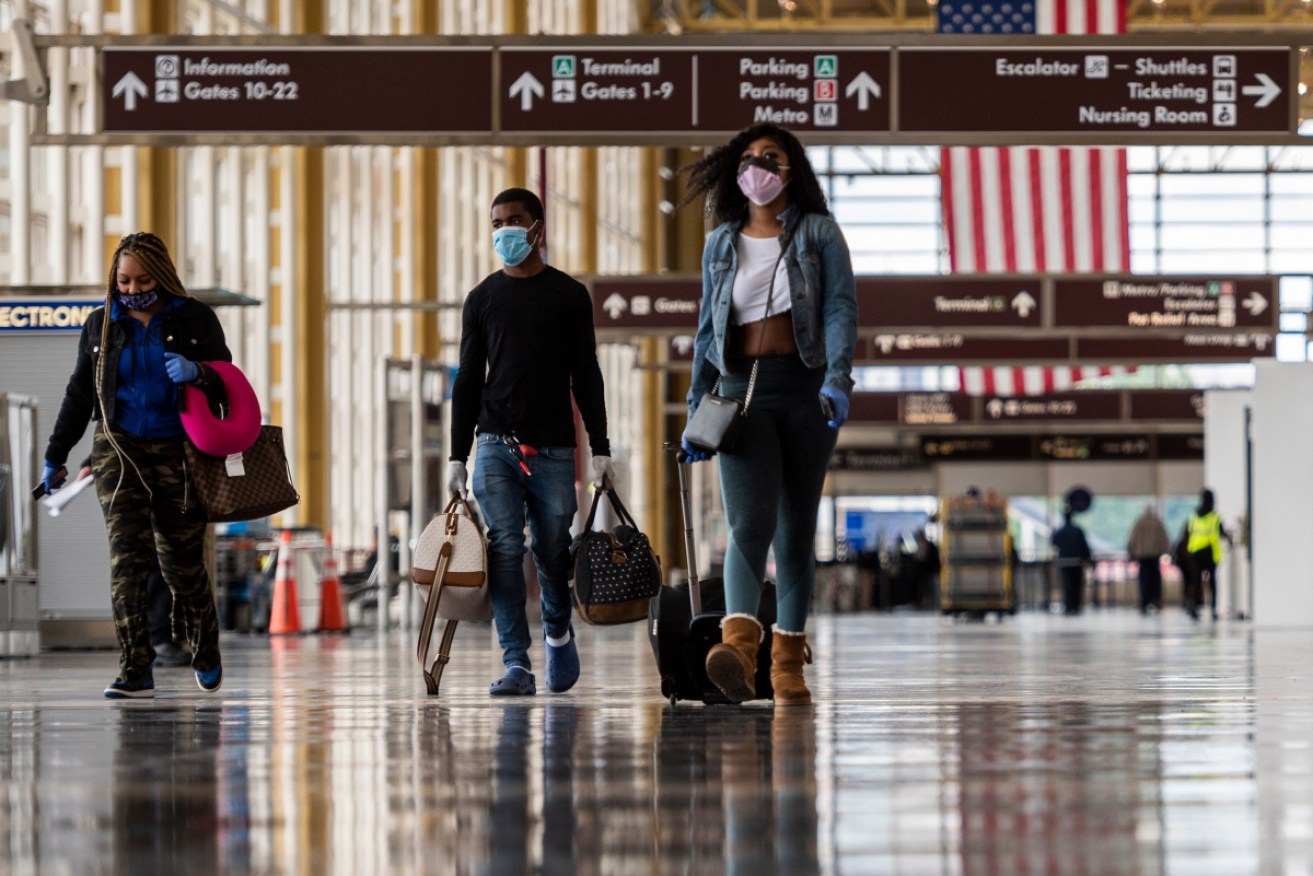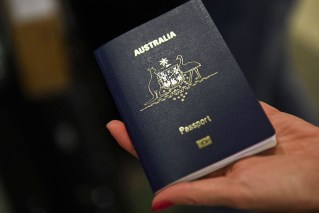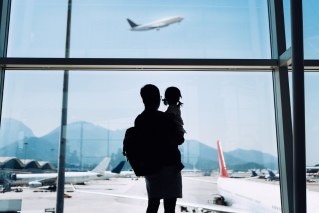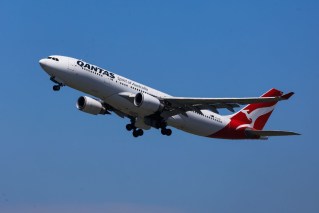No return to normal for overseas flights until 2023 – air travel boss


Global travel will not recover to 2019 levels before 2023, Mr de Juniac says. Photo: Getty
A global travel boss has delivered bleak news for Australian travellers, warning international air travel will take years to recover from the coronavirus pandemic.
“We have published today a new forecast about the potential recovery of the air traffic and what we see is that things should come back to normal in 2023,” International Air Transport Association director general Alexandre de Juniac told ABC TV on Thursday.
“That shows, you know, the importance and the severity of this crisis on air transport.”
He said the industry would first reopen domestic markets and then regional markets, such as Asia-Pacific, Europe or North America. By the end of 2020, air traffic was likely to be “between 50 to 55 per cent” of its 2019 levels.
“We are relying on the support packages and the rescue plans that have been put together by governments,” he said.
Mr de Juniac said one of the biggest hindrances to the recovery of air travel was quarantine measures for returning travellers.
- No loo queues: How Ryanair plans to get passengers flying again
- Airline refunds: These are a grounded flyer’s rights
- Regional airline looks to take on the might of Qantas, Virgin
Australia has imposed mandatory two-week quarantines since late March, while Britain – which has been ravaged by the COVID-19 pandemic – said it would impose similar quarantines as part of plans for easing its lockdown.
Mr de Juniac said Spain has also said its 14-day quarantine measures for arriving travellers will remain at least until May 24.
“International travel cannot re-start under such conditions,” he said.
“In a recent survey that we did in 11 markets, 84 per cent of travellers said that quarantine measures was one of their top concerns, and 69 per cent essentially said that they would not return to travel under such conditions.”
Instead, the IATA proposed measures such as temperature checks, health declarations and rigorous contact tracing to manage the risks of travellers spreading the coronavirus.
“The combination of these measures, if well-implemented globally, can manage the risks,” Mr de Juniac said.

Mr de Juniac has a bleak outlook for international air travel. Photo: Getty
He also highlighted the cashflow crisis the world’s airlines face following mass cancellations and groundings during the outbreak, warning some might go bankrupt.
Europe’s airlines alone face having to return about 9.2 billion euros ($A15.4 billion) for cancelled flights by the end of May.
“We asked for the flexibility to issue refundable vouchers – or delayed reimbursements – that would enable airlines to preserve some precious cash to survive the crisis and ensure consumers will get their funds,” Mr de Juniac said.
“If the airlines run out of cash, people will lose their jobs, airlines could fail and there would be negative fallout across the travel and tourism value chain. There is no public policy benefit in that.”








